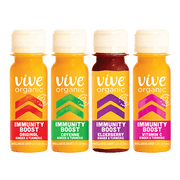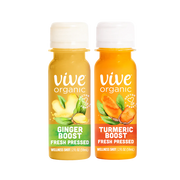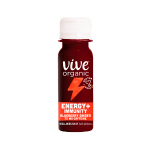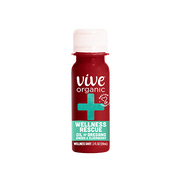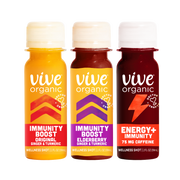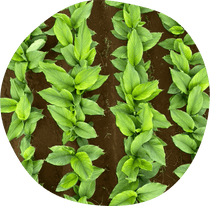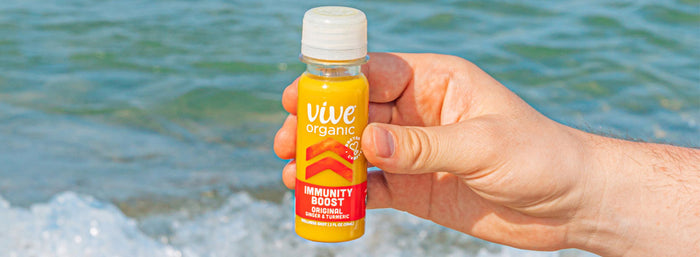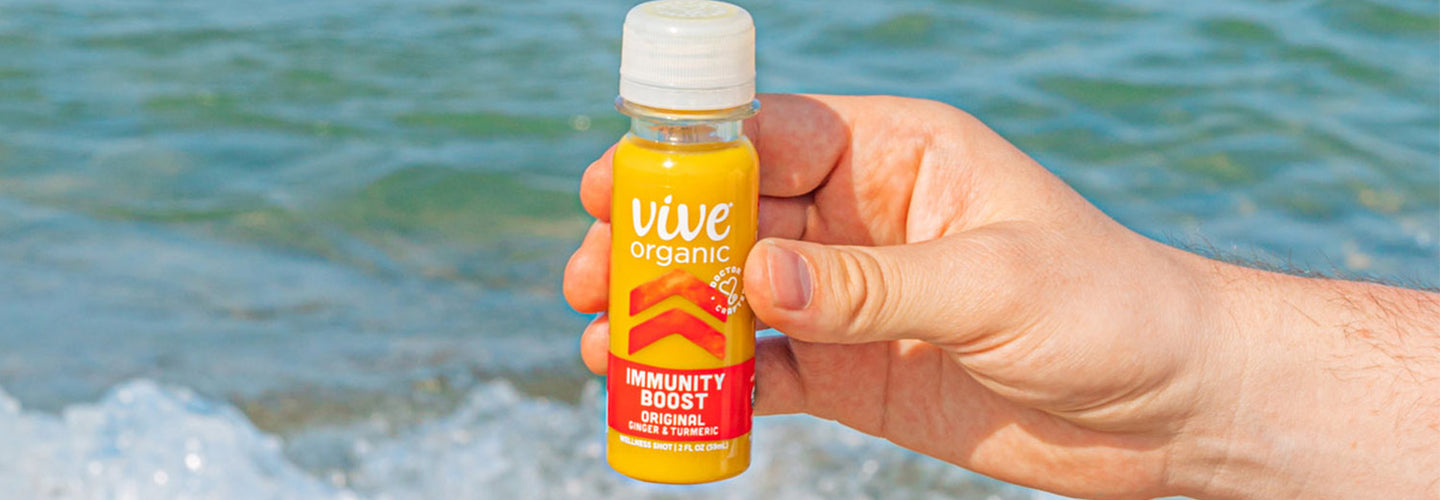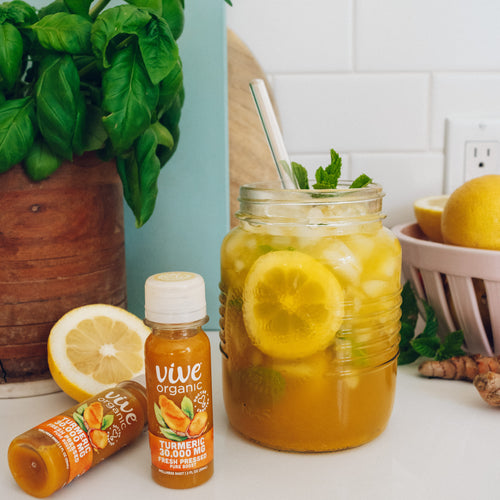How To Stay Hydrated: 7 Easy Hydration Tips
Learn 7 easy ways to stay hydrated and feel energized
Alice starts her day with an invigorating morning workout, followed by a rush to get ready for work, and then she powers through a busy day at the office. Her schedule is packed, and she’s ticking off tasks, with barely any time to sit down for lunch, so she grabs a quick coffee.
After work, she’s off to her evening art class and feels unstoppable. And then it hits her. A nagging headache, unusual fatigue, and a dry mouth. And to top it off, she can barely concentrate on her art class and feels a bit dizzy.
As Alice recounts her day to her partner, trying to figure out why she feels unwell, she realizes she barely drank any water or hydrating fluids during the day. Sure, she had an electrolyte drink at the gym and that small bottle of water during one meeting, plus her lunchtime coffee. But that’s it. And to top it off she barely went to the bathroom all day.
Alice is dehydrated and does not feel well. Like Alice, most of us don’t think much about staying hydrated until it’s too late.
The good news is you don’t need to carry around a massive water bottle with you wherever you go. Staying hydrated is all about paying attention to your body, making sure you’re drinking and urinating regularly, and being aware of any thirst signals while honoring them accordingly.
11 Science-Backed Hydration Facts
We get it, there is so much information out there about how to stay hydrated that it can be confusing to know what you’re supposed to be drinking and when.
As you think about your hydration habits, keep in mind these 11 science-backed hydration facts:1,2,3,4,5,6,7
- A lack of thirst doesn’t mean you’re not dehydrated or thirsty.
- Older adults and those on certain medications, as well as individuals with certain medical conditions, may experience a blunted thirst sensation.
- Water makes up half of your body weight.
- It not only hydrates, but what helps with the transportation of nutrients and oxygen, the removal of waste products, cellular functioning, joint lubrication and maintenance of PH balance.
- Your activity level, age, gender, where you live, and health status impact your hydration requirements.
- Believe it or not, those in cold climates lose fluids through breath, so even on chilly days, your hydration still carries significant importance.
- One of the best ways to check your hydration level is to look at the color of your urine. Pale and clear urine means you’re likely well-hydrated. Darker colored urine could be a sign of dehydration.
- While lacking on fluid intake is certainly an issue, it is possible to over do it on fluid intake as well. Hyponatremia occurs when you drink too much water and disrupt your sodium and electrolyte levels.
- Breathing, sweating, and urinating all cause you to lose water. Certain drinks (like caffeinated coffee and tea) as well as certain medications, act like diuretics and can increase fluid loss as well.
- Water, decafe coffee, herbal tea, sports drinks, electrolyte drinks, sparkling water, low-fat or fat-free milk, fortified milk alternatives, and natural fruit juices (in small amounts) can help you stay hydrated.
- You can also get fluid from some foods, especially fruits and vegetables, including watermelon, honeydew melon, cantaloupe, oranges, pineapple, celery, and cucumber. Soups and yogurt are more examples of hydrating foods.
- You can alleviate mild dehydration by drinking an electrolyte drink that contains a balanced amount of sodium and potassium.
- Staying hydrated is critical for regular bowel movements, as the body pulls water into the bowel to pass stool.
- Dehydration happens when you lose more water than you consume.
- Keeping your eyes lubricated
- Making saliva and lubricating your nasal passageways
- Flushing out waste and toxins
- Helping to keep your skin healthy
- Supporting nutrient absorption
- Helping the body to break down and digest food
- May help prevent health conditions including kidney stones, constipation, hypertension, urinary tract infections, and exercise-induced asthma
- Giving you an energy boost through supporting cellular functions involved in energy metabolism
- Supporting brain health, cognition and mood
- Positively influencing your endurance, power, and strength, in everyday routines, as well as in athletic performance
- Aiding in the quality of sleep
- Thirst
- Unexplained fatigue or tiredness
- Dark-colored or low urine output
- Cracked lips, dry skin, and minimal skin elasticity
- Unexpected or unexplained headaches
- Dizziness, confusion, difficulty focusing, or light-headedness
- Heart sensations including palpitations, fluttering, or a pounding feeling
- Low blood pressure
- Dry or cotton mouth
- Start your day with a large glass of water. Water too bland for you? For some flavor, try adding add the juice from half or a whole lemon, a few cucumber slices and mint leaves, frozen fruit chunks, or a splash of your favorite 100% fruit juice.
- Make it easy to drink water through-out the day. Consider buying a water bottle that you can place on your desk, bring to your workplace, and fits easily in your car or backpack. Out of sight, out of mind, so be sure it is convenient to carry and a size that fits into all the places you sit throughout the day. Aim to refill it regularly. Set reminders in your phone or laptop for hydration breaks so you don’t forget.
- Drink a glass of water before every meal. This serves double-duty of helping you stay hydrated and aiding in your digestion.
- Pay attention to your bathroom habits. How often are you urinating? What color is your urine? Are you constipated? These could be signs you need to drink more water.
- Be sure to hydrate during and after exercise, even if you don’t think you’re sweating much. This includes activities like swimming or exercising in cooler weather, where it might not seem like you’re losing water – but you are. If you sweat a lot or your workout lasts more than 60 minutes, consider an electrolyte drink or adding electrolyte powder to your water.
- Adjust your water intake based on your daily activity. If you work outdoors or in a physical job, you need more water and electrolyte drinks than someone who works indoors seated at a desk. If you’re going to be out all day on-the-go, bring a water bottle with you so you can stay on top of your hydration.
- Eat foods high in water content. Water-rich foods such as watermelon, cantaloupe, honeydew melon, strawberries, cucumbers, peaches, oranges, broths and soup, reduced fat milk or milk alternatives, and coconut water are healthy and delicious ways to get some extra fluids.
- Why Is Water Important? 16 Reasons to Drink Up (Accessed March 4, 2024) https://www.healthline.com/health/food-nutrition/why-is-water-important
- Water and Healthier Drinks (Accessed March 4, 2024) https://www.cdc.gov/healthyweight/healthy_eating/water-and-healthier-drinks.html
- The Truth About Hydration: 7 Myths and Facts (Accessed March 4, 2024) https://www.ncoa.org/article/the-truth-about-hydration-7-myths-and-facts
- The Truth About Hydration: 7 Myths and Facts (Accessed March 4, 2024) https://www.ncoa.org/article/the-truth-about-hydration-7-myths-and-facts
- Everything You Should Know About Hypernatremia (Accessed March 4, 2024) https://www.healthline.com/health/hypernatremia
- Hydration (Accessed March 4, 2024) https://www.nutrition.org.uk/healthy-sustainable-diets/hydration
- 19 Water-Rich Foods That Help You Stay Hydrated (Accessed March 4, 2024) https://www.healthline.com/nutrition/19-hydrating-foods
- Dehydration (Accessed March 4, 2024) https://www.mayoclinic.org/diseases-conditions/dehydration/symptoms-causes/syc-20354086
- Dehydration (Accessed March 4, 2024) https://www.nhsinform.scot/illnesses-and-conditions/nutritional/dehydration
- How Can You Tell If You’re Dehydrated? (Accessed March 4, 2024) https://www.healthline.com/health/how-to-tell-if-youre-dehydrated
- The 6 Best Ways to Rehydrate (Accessed March 4, 2024) https://www.healthline.com/nutrition/how-to-rehydrate
- Armstrong LE, Johnson EC. “Water Intake, Water Balance, and the Elusive Daily Water Requirement.” Nutrients. 2018 Dec 5;10(12):1928. https://www.ncbi.nlm.nih.gov/pmc/articles/PMC6315424/(Accessed March 4, 2024)
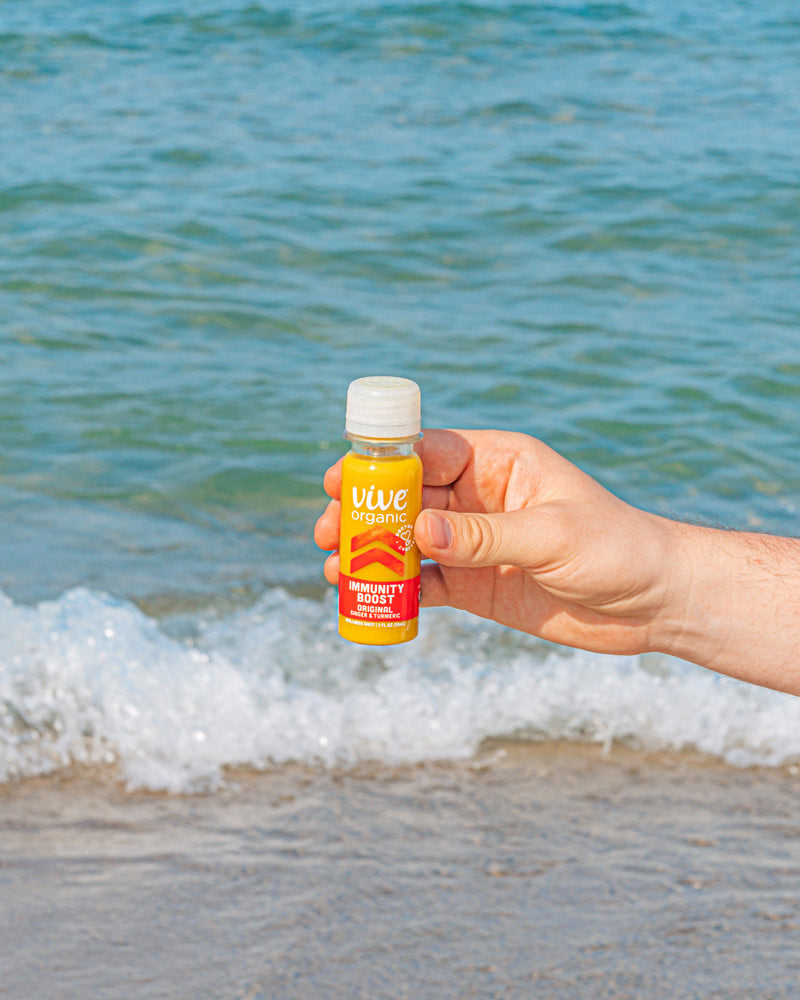
Warning Signs and Symptoms of Dehydration
An extra sweaty workout or day spent outside working, gardening, or sitting on the deck and not drinking extra water can push your body over the edge into dehydration. A stomach virus, food poisoning, or other conditions that trigger vomiting, fever, or diarrhea may cause increased fluid loss as well, compounding your health challenges with dehydration.
Your body uses water in ways you might not realize, such as:1
And this is why we want you to know these warning signs and symptoms of dehydration:8,9,10
For severe dehydration symptoms, including zero urine output, rapid breathing or heartbeat, fainting, sunken eyes, confusion, extremely dry skin, or confusion – please seek immediate medical attention.9
The quickest way to rehydrate is by drinking water. Consider also drinking electrolyte drinks to replace lost sodium, potassium, magnesium, and other trace minerals.
If your dehydration is caused by diarrhea, vomiting, or another health condition, using an oral rehydration solution may help. Oral rehydration solutions are available at most pharmacies.11
Discuss your needs with your healthcare provider.
How To Stay Hydrated
To stay hydrated try these 7 tips: 1,3,7
Remember you have unique hydration needs based on your age, gender, activity level, health status, and where you live. There are no hard-and-fast rules about how many glasses of water you need to drink.12
Pay attention to your body signals and how these correlate to the amount of water and beverages you drink throughout the day. Staying hydrated can help you feel your best – so you can get the most out of every single day.
Resources
